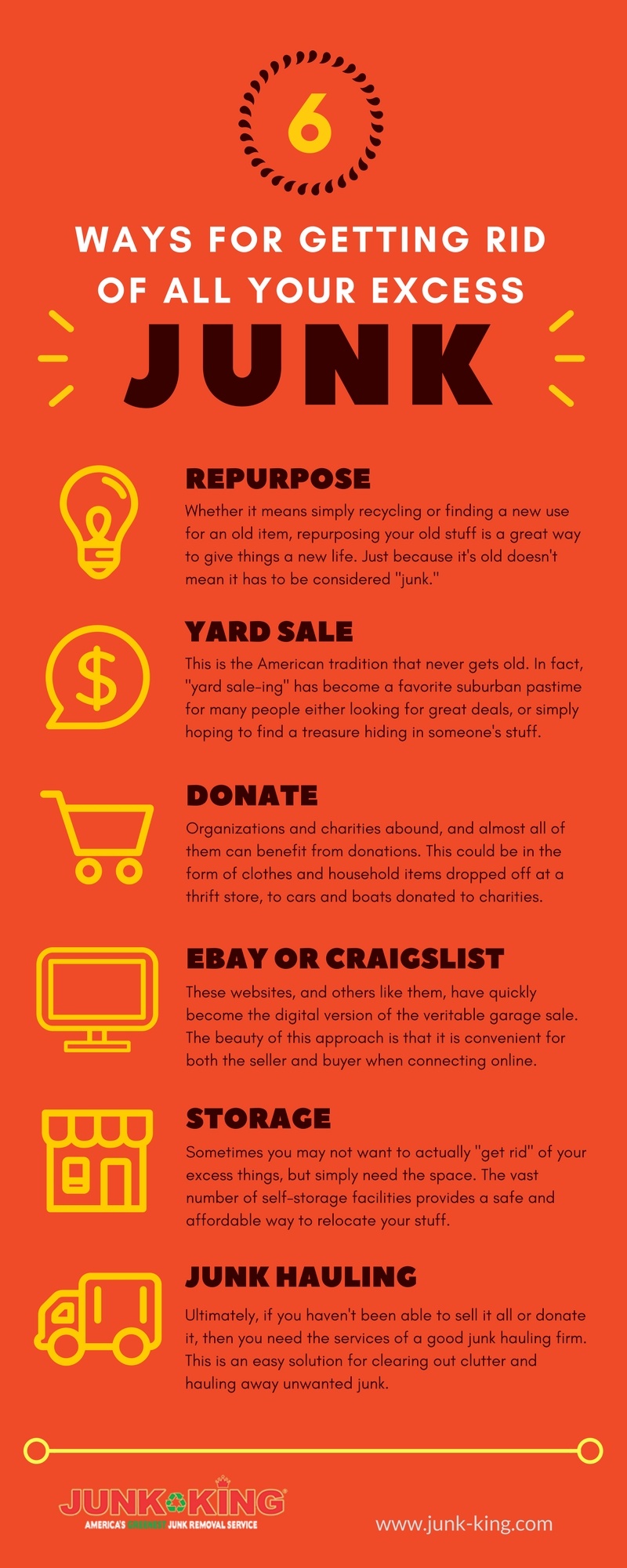Practical Guidance For Waste Control While Restoring Your Home
Practical Guidance For Waste Control While Restoring Your Home
Blog Article
Write-Up Written By-Dickens Armstrong
When starting a home restoration, waste management could not be the first thing on your mind, yet it's a critical aspect of the procedure. By executing a couple of straightforward methods, you can dramatically decrease the environmental impact of your task. From wise decluttering techniques to imaginative recycling solutions, these fast tips will not just improve the effectiveness of your renovation yet likewise add to a more lasting outcome.
Pre-Renovation Decluttering
Prior to diving right into your home remodelling task, decluttering your room is an essential step to ensure a smoother and much more well organized process. Start by assessing great post to read and establishing what items are crucial and what can be thrown out or given away. Be ruthless in your decluttering efforts; if you have not utilized a thing in over a year, it might be time to let it go.
Type items into classifications such as maintain, contribute, recycle, or discard. Buy storage remedies like containers or racks to aid arrange the things you choose to maintain. This will not only declutter your area but likewise make it easier to find things during and after the restoration.
Decluttering prior to the improvement will not just improve the process however likewise save you money and time. You'll have a clearer vision of what needs to be done and won't be bewildered by unnecessary things.
As soon as you've decluttered, you can move on with your restoration job with a fresh and organized space.
Reliable Waste Sorting
To make sure a smooth and ecologically conscious home renovation process, effective waste sorting is critical. As you begin your renovation task, set up marked sorting areas for different kinds of waste.
Putting different bins or containers for recyclables, dangerous materials, and basic waste will certainly simplify the disposal process and make it simpler to draw away recyclable materials from ending up in landfills.
Tag each arranging location plainly to prevent complication and make sure that everyone associated with the improvement understands where each sort of waste should go. This basic step can aid prevent blending of products that could infect recyclables or develop safety threats throughout disposal.
Recycling and Upcycling Approaches
Efficient waste arranging sets the structure for a successful home renovation task. When it comes to managing waste during your remodelling, recycling and upcycling approaches play an important duty in decreasing land fill waste and maximizing the potential of your materials.
Start by designating different containers for various kinds of recyclables like glass, plastic, and paper. Contact your neighborhood recycling centers to guarantee you're complying with the right standards for disposal.
Consider supplemental resources like old furnishings, doors, or closets instead of tossing them away. With a fresh coat of paint or some imaginative alterations, you can give these products a new life in your refurbished space. Upcycling not just minimizes waste but likewise includes an unique touch to your home style.
Try to find donation centers or companies that approve recyclable building products. By contributing products like lights, cupboards, or ceramic tiles, you can aid others while decluttering your space. Bear in mind, a little initiative in recycling and upcycling can go a long way in making your home improvement project more sustainable and eco-friendly.
Conclusion
Finally, by complying with the quick pointers for handling waste during a home remodelling, you can make the procedure more effective and environmentally friendly. Decluttering before beginning the restoration, arranging waste right into assigned containers, and thinking about reusing or upcycling options can assist reduce the quantity of waste going to garbage dumps. With a little additional effort, you can make a large effect on the sustainability of your job.
